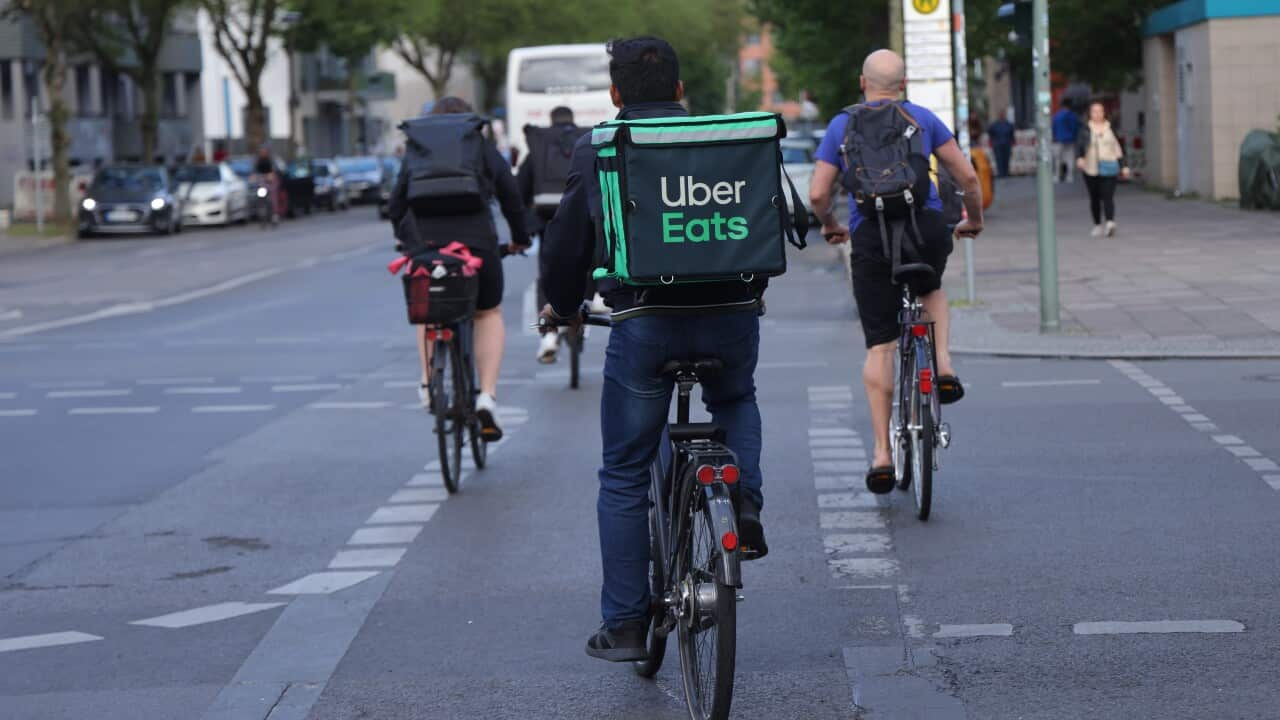Key Points
- The drivers and car owners behind the class action suffered losses after Uber's arrival into the Australian market.
- The class action succeeded where others had failed, including some brought in Victoria, Queensland and WA.
- The Supreme Court has to formally approve the settlement before it is ultimately paid out.
Uber will cough up almost $272 million to compensate taxi and hire car drivers who lost out when the rideshare company "aggressively" moved into the Australian market.
A class action against Uber was expected to go to trial at the Supreme Court of Victoria on Monday but Maurice Blackburn Lawyers said it would be abandoned after the rideshare giant agreed to the mammoth settlement.
It is the fifth-largest class action settlement in Australia's history and holds Uber to account five "gruelling" years after lawyers launched the action on behalf of more than 8,000 taxi and hire car owners and drivers, the law firm said.
The drivers and car owners lost income and licence values because of Uber's aggressive arrival into the market and the company tried to deny them compensation at every turn, Maurice Blackburn principal lawyer Michael Donelly said.
"To our group members in the Australian taxi and hire car industry — your story is an Australian story," Donelly said outside court on Monday.
"When Uber rolled into town, they said the game was up and it was your turn to be disrupted in the new economy — but you knew right from wrong, legal from illegal, and you took action to defend yourselves."
The class action succeeded where other cases had failed, including some brought in Victoria, Queensland and Western Australia against governments, Donelly said.
Lead plaintiff Nick Andrianakis, a former longtime taxi driver, said the settlement agreement was a win for the industry after it was "decimated" by Uber's actions.
An Uber spokesman described taxi and hire car drivers complaints, the subject of the class action, as "legacy issues".
Ridesharing regulations did not exist anywhere in the world when the company started more than a decade ago.
Today, and governments recognise the company is an important part of the transport mix, the Uber spokesman said.
The Supreme Court is expected to look at an approval application for the class action settlement in April.
Another non-class action proceeding, brought on by Taxi Apps, remains on foot and is expected to go to trial in the coming weeks.










